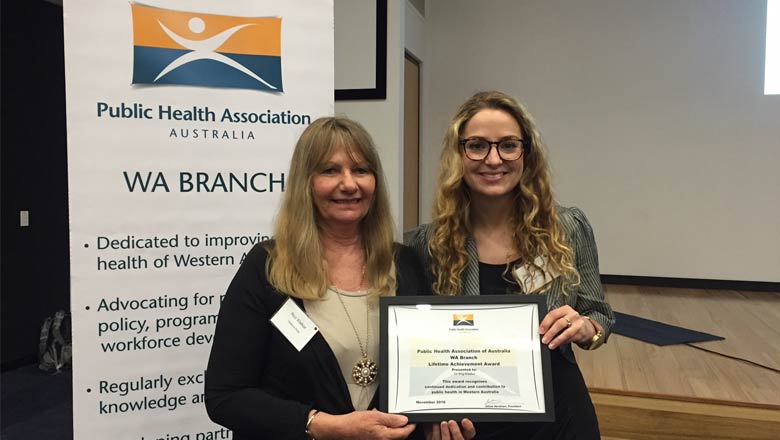Search
Showing results for "grants"
Research
A Survey of Autistic Adults from New Zealand on the Autism Diagnostic Process During Adolescence and AdulthoodThe diagnostic experiences of autistic adults in New Zealand have not been investigated and little is known globally about autistic adults' satisfaction with the autism diagnostic process. This study describes the diagnostic experiences of 70 autistic adults living in New Zealand and explores how these experiences are related to satisfaction during three stages of the diagnostic process. The results show that autistic adults were reasonably satisfied with the early query and diagnostic assessment stages, but were dissatisfied with the post-diagnostic support stage, with significant unmet needs. Dissatisfaction during the post-diagnostic support stage was also related to satisfaction during previous stages and poor coordination of supports. Suggestions are made on how to improve the autism diagnostic pathway for autistic adults in New Zealand.
Research
Prenatal testosterone exposure is related to sexually dimorphic facial morphology in adulthoodPrenatal testosterone may have a powerful masculinizing effect on postnatal physical characteristics.
Research
Beyond the hype and hope: Critical considerations for intranasal oxytocin research in autism spectrum disorderIn this review, we comprehensively evaluate the rationale for oxytocin as a therapeutic, evaluating evidence from various various sources.
Research
Perinatal testosterone exposure and cerebral lateralisation in adult males: Evidence for the callosal hypothesisTwo competing theories address the influence of foetal testosterone on cerebral laterality: one proposing exposure to high foetal testosterone concentrations...
Research
Measurement of androgen and estrogen concentrations in cord blood: Accuracy, biological interpretation, and applications to understanding human behavioral developmentThis review examines the accuracy and biological interpretation of the measurement of androgens and estrogens in cord blood. The use of cord blood hormones...
Research
Prenatal, perinatal, and neonatal risk factors for specific language impairment: A prospective pregnancy cohort studyAlthough genetic factors are known to play a causal role in specific language impairment (SLI), environmental factors may also be important. This study...

The Kids Research Institute Australia, Perth Children’s Hospital Foundation and Perth Children’s Hospital have formed a strategic partnership to support the establishment and operation of the Wal-yan Respiratory Research Centre.

News & Events
Autism researcher named 40 under 40 finalistAndrew Whitehouse has been listed in the WA Business News 40 under 40 awards recognising accomplished and dynamic young leaders in Western Australia.

News & Events
The Kids researchers honoured at Public Health Association AwardsTwo The Kids researchers working to improve the health & wellbeing of Aboriginal children & their families have both been honoured at the PHAA Awards.
News & Events
New study brings hope for preventing lung disease in children with cystic fibrosisResearchers at Perth's Telethon Institute are one step closer to preventing serious lung disease which is the main cause of suffering in cystic fibrosis.
